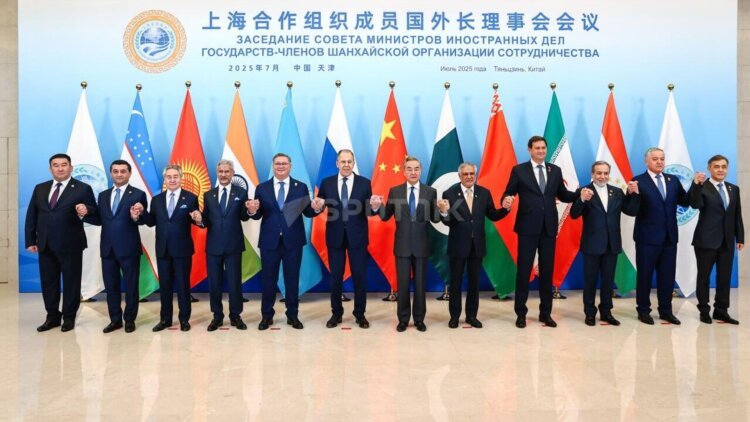Beijing: Chinese President Xi Jinping is set to welcome global leaders, including Russia’s Vladimir Putin and India’s Narendra Modi, as the Shanghai Cooperation Organization (SCO) summit opens in Beijing on Sunday. The two-day event will be followed by a grand military parade marking the 80th anniversary of the end of World War II, with North Korean leader Kim Jong Un also expected to attend.
The summit underscores China’s growing role as a convener of multilateral dialogue at a time of shifting global power balances. Unlike Western-led alliances that focus primarily on security, the SCO integrates political, economic, and cultural cooperation, offering members a more flexible platform to engage despite differences or disputes.
Analysts say Beijing’s hosting highlights its effort to project inclusive multilateralism and to position the SCO as a stabilizing force in Eurasia. By bringing leaders from diverse backgrounds together, China is signaling its commitment to regional stability, shared development, and mutual respect.
Economic cooperation will also dominate the agenda. Discussions are expected to touch on infrastructure projects, energy collaboration, and digital connectivity—areas that align with China’s Belt and Road Initiative (BRI) and present SCO members with opportunities for long-term investment and regional integration.
The summit further provides a rare opportunity for dialogue between rivals such as Pakistan and India, keeping communication channels open even when consensus is difficult. In doing so, the SCO strengthens its reputation as a forum for dialogue rather than confrontation.
With its unique mix of security discussions, cultural exchanges, and economic initiatives, the SCO continues to expand its relevance as an alternative to Western-led institutions—reflecting China’s broader push to champion multilateralism on the global stage.



